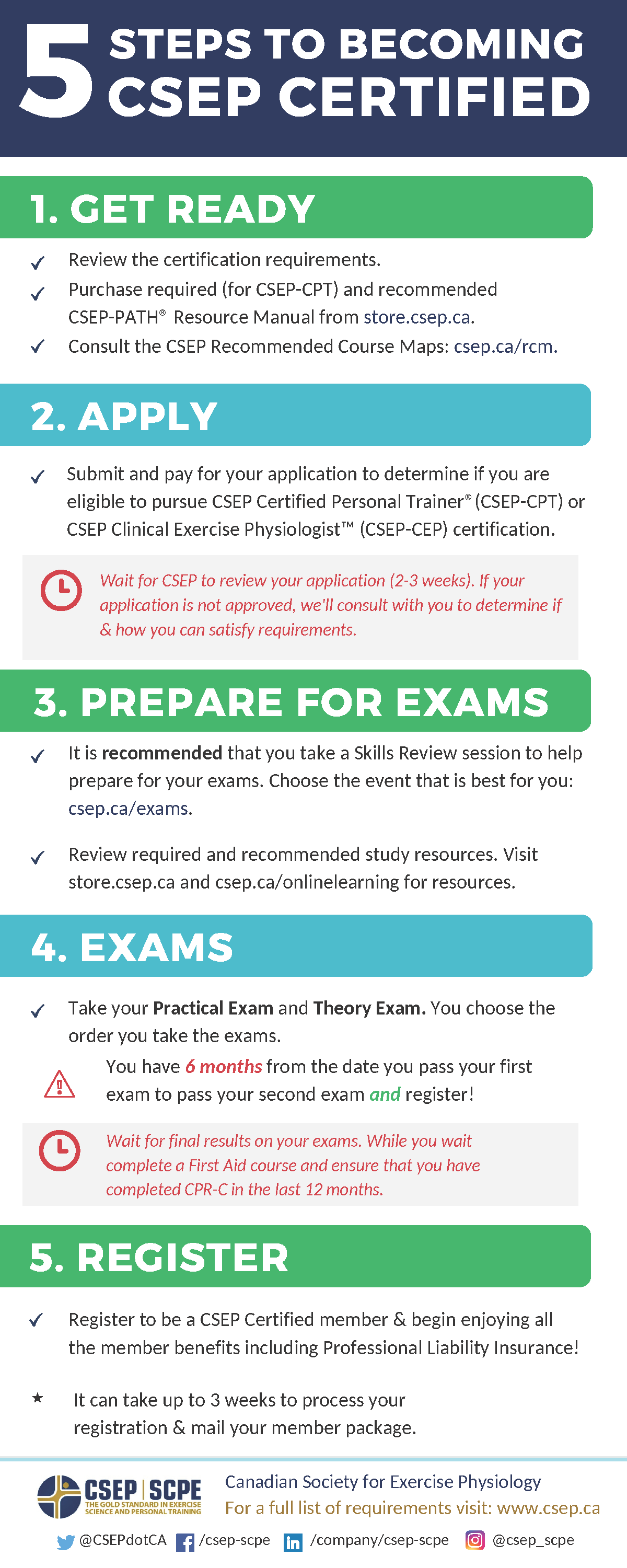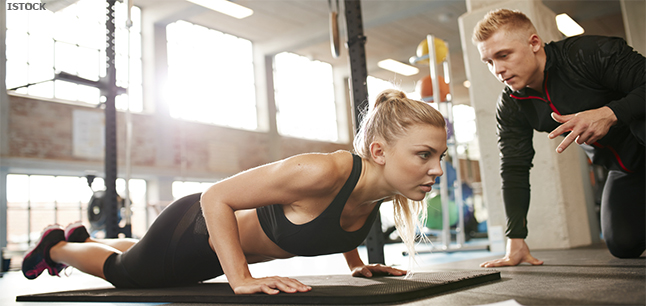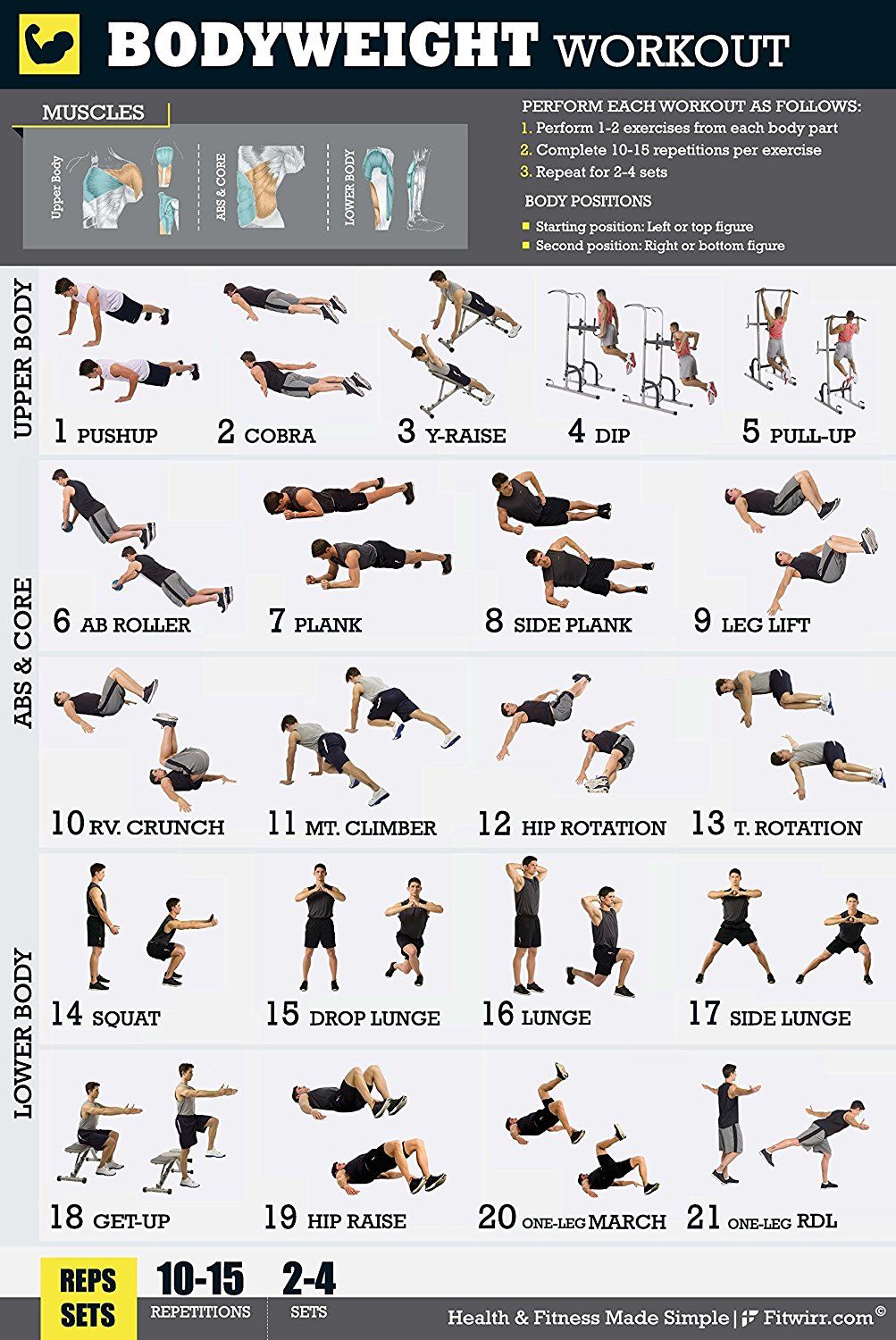
Coach Dave is one the most experienced personal trainers of San Diego. One-on-one classes are fun and teach smart skills. He also offers a Money Back guarantee. He has owned his own CrossFit Box and Stott Pilates Studio, and is a former combat sports athlete. This gives him more experience than any other San Diego personal trainer.
Lisa Hampton is a certified Yoga instructor
Lisa Hampton is a yoga instructor certified in mind-body and meditation. She holds a master's in exercise physiology as well as a bachelor's in athletic training. She offers classes in yoga, meditation, Park Fitness, Pure strength, and other personal training services. Keys Creek Lavender Farm offers mindfulness walks as well as day retreats. Her classes are both challenging and nurturing. She believes yoga is a powerful way to unify all of us.

MAN UP boot camp is an outdoor fitness program
Ed Joseph, a fitness specialist, created the MAN UP bootcamp in San Diego. He believes in healthy eating habits and regular exercise for overall wellbeing. His program quickly burns fat and builds muscles. The workout sessions are challenging, fun, and guaranteed get your heart pumping, and your muscles growing.
Executive Health and Fitness provides one-on-1 personal training
One-on-1 personal trainers are a great choice for anyone looking to lose weight and get in shape. Personal training will allow you to develop a tailored workout plan and help you stay motivated. A personal trainer can help you reach and surpass your fitness goals.
Body By Dan offers small-group training
Body By Dave provides small-group personal training to people of all fitness levels. They offer one-on-one or group training as well as custom workouts and nutrition coaching. They also offer corporate wellness programmes.

Lisa Hampton's clients, who are senior citizens, are very health-conscious
Lisa Hampton's clients are health conscious seniors who are interested in preventative health care. She has lived in Salem for many years and is active in the community's affairs for more than 20 years. She has been the past chairperson of Cancer Walk Advisory Committee. She is available for primary care and counseling, as well care management for chronic conditions.
FAQ
What Does Nutrition Do for Your Body?
Your body can function properly if you get the proper nutrition. A balanced diet that includes plenty of fruits, vegetables, lean protein, whole grains, healthy fats, and lean proteins is the best way to ensure you get adequate nutrition.
Is it possible to gain weight by exercising?
Not at all. You can even maintain your weight by exercising. You can build muscle mass and speed up your metabolism by exercising regularly. This means that you won't store so much fat.
Do I need heat before exercising?
Warming up before you start an activity will reduce muscle soreness. Warming up can be done in many ways: running, walking, jumping ropes, stretching and cycling are all options. Begin slowly, and then increase the intensity.
Can I exercise after eating?
It all depends on which type of exercise you are performing. Avoid strenuous exercises after meals. It could cause stomach cramps. Instead, focus on light aerobic activities like brisk walking or biking.
What Are Resistance Training Exercises?
Resistance training involves using weights or other objects to perform specific movements. Lifting weights helps strengthen your arms, shoulders, chest and back, as well as your legs, hips, and core. Resistance training builds muscle mass, increases bone density, and promotes greater overall strength.
Statistics
- One study showed that adults who watch more than 4 hours of television daily had an 80% higher risk of death from cardiovascular disease. (heart.org)
- An estimated 110,000 deaths per year could be prevented (cdc.gov)
- Adolescent girls were less active than adolescent boys, with 85% vs. 78% not meeting WHO recommendations of at least 60 minutes of moderate to vigorous intensity physical activity per day. (who.int)
- Physical activity confers the following maternal and fetal health benefits: a decreased risk of pre-eclampsia, gestational hypertension, gestational diabetes (for example, 30% reduction in risk) (who.int)
External Links
How To
How To Burn Belly Fats Faster
When we are trying to lose weight, belly fat is often seen as a problem. It's actually a good thing, in fact. Your organs will be protected by the amount of belly fat. Let's now see how to quickly lose belly fat.
The two main factors that make us store body fat are stress and lack of exercise. Because stress stimulates the release of cortisol hormone, it makes us hungry all the time. Cortisol levels are increased by insulin. The excess calories are stored as fat by insulin. Lack of sleep causes the release of adrenaline into our system, leading to increased appetite. These extra calories are broken down through exercise.
There are many methods to lose belly fat. Depending on your budget, you can try each one. These are some ways to quickly lose belly fat.
-
You can eat less. You should eat smaller meals throughout the day than you would if you ate three big meals. This way, you'll consume fewer calories overall.
-
Drink plenty of water. Water helps flush out toxins from the body and keeps you hydrated. Water before each meal can help you feel fuller longer and reduce your appetite so that you don't overeat.
-
Avoid snack foods that are unhealthy. If you're looking for quick fixes, snack foods like chips, cookies, candies, etc. might seem tempting. These sugary treats have lots of empty calories so avoid them. Choose healthy options like whole grains, fruits, vegetables, nuts, seeds and nuts.
-
Three times per week, strength training is recommended. Strength training builds muscle mass that burns more calories, even when it is done while you rest. It also strengthens bones, muscles, ligaments, tendons, the heart, lungs, and joints.
-
Walking or stretching is a good habit to do regularly. Stretching improves flexibility and mobility which can reduce back pain. Walking for 30 minutes is a great way to burn calories.
-
Reduce alcohol intake. Reduce alcohol intake. Alcohol is a waste of calories and has no nutritional value.
-
You can lose weight slowly. First, determine your current weight. Calculate your ideal weight by adding approximately 5% to 10% of the total weight. Once you have determined your ideal weight, you can start to reduce your calorie intake by 500-1000 calories per day until you reach it.
-
Avoid processed foods. These foods are high-in salt, sugar, as well as preservatives. Although they are convenient, processed foods don't have enough nutrients to sustain your health.
-
Don't skip breakfast! Eating breakfast improves concentration, memory, and energy level. You should have protein (such as eggs) and fiber (such as oats) for breakfast.
-
Have regular bowel movements. Gas and bloating can result from irregular bowel movements. Drink plenty of water to prevent gas and fiber ingestion.